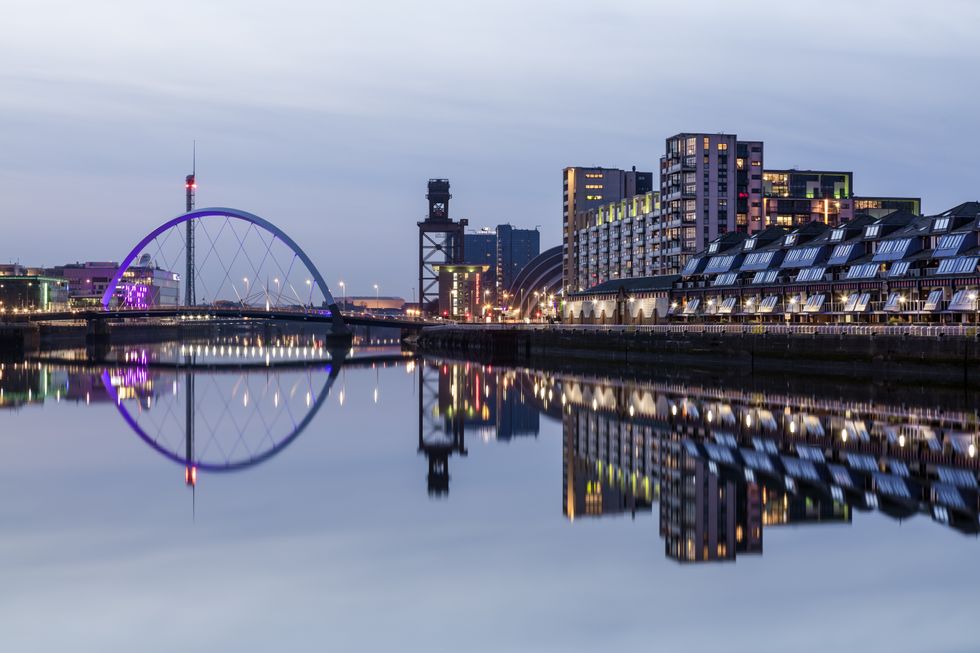A scenic Scottish loch has become one of the country’s biggest plastic waste hotspots, with an estimated 62,000 items washing up on its shores annually.
Loch Long in Argyll has transformed into what experts call the “Arrochar litter sink,” where vast amounts of plastic debris accumulate at its head.
SIGN OUR PETITION: CALLING FOR HARSHER PUNISHMENT FOR THOSE THAT TRASH OUR COUNTRY
Much of the waste originates from waterways around Glasgow, Scotland’s largest city, creating an overwhelming environmental challenge for the local community.
The natural phenomenon occurs due to a combination of prevailing winds and the Earth’s rotation, which drives litter up the loch.
Sign our petition to stop the litter blight across our United Kingdom

Local residents struggle to keep pace with the constant influx of waste, as each new tide brings more debris to the shoreline
Flickr
An estimated 11 per cent of all rubbish entering the River Clyde and its tributaries eventually finds its way to Arrochar.
Local residents struggle to keep pace with the constant influx of waste, as each new tide brings more debris to the shoreline.
The environmental impact has severely affected traditional local practices in the area.
The loch’s seaweed, once harvested regularly to fertilise farmland, can no longer be used due to plastic pollution.
The waste becomes entangled in the seaweed, rendering what was previously a valuable natural resource unusable for the community.
STOP TRASHING BRITAIN:
Do you have a story about litter you’d like to share? Get in touch by emailing [email protected]

Much of the waste originates from waterways around Glasgow, Scotland’s largest city
GETTY
Campaigners argue that preventing waste from entering the waterways is the only viable solution to this growing crisis.
Scotland’s plans for a deposit return scheme, initially targeted for 2023, have faced multiple setbacks and delays.
The scheme was postponed following business objections about including glass bottles, and further complicated by UK government intervention.
The current implementation date is set for 2027, aligning with broader UK plans, though Wales has announced it will create its own scheme including glass recycling.
The delays have frustrated environmental campaigners seeking immediate action on marine pollution.
In contrast, Ireland’s deposit return scheme has shown remarkable success since its launch a year ago, with over 900 million items returned to shops.

The loch’s seaweed, once harvested regularly to fertilise farmland, can no longer be used due to plastic pollution (not pictured)
Flickr
The scheme charges consumers 15 cents per standard-sized plastic bottle or can, refunded upon return.
Environmental group Coastwatch Europe reports a dramatic reduction in beach litter, from 60 bottles per kilometre seven years ago to just eight per kilometre in recent surveys.
Kirsty Crawford from the Marine Conservation Society emphasises the urgency of maintaining the 2027 deadline for Scotland’s deposit return scheme.
“With each fresh high tide you’re going to get more litter washing in,” she warns.
“It is a big task at hand but this is where we hope the deposit return scheme would help see a reduction in that problem.”
The Scottish government maintains its commitment to delivering the scheme by 2027.
Sign our petition to stop the litter blight across our United Kingdom